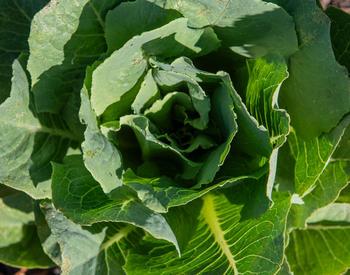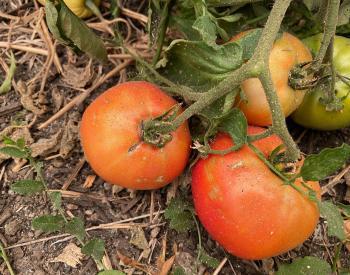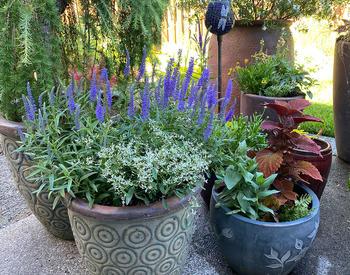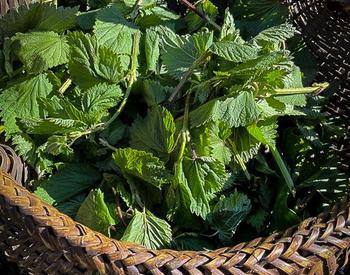WARM SPRINGS, Ore. – In the best of times, the Confederated Tribes of Warm Springs reservation is considered a food desert.
With just one market offering groceries to a population of 3,200, most of the residents travel off the reservation to buy food. The entire Warm Springs school district qualifies for free breakfast, lunch and after-school meals.
With the onset of the COVID-19 pandemic in March, stay-at-home orders and restrictions on school, travel and businesses created uncertainty for tribal members’ access to fresh food.
In response, Oregon State University Extension in Warm Springs collaborated with the Warm Springs Community Action Team to conduct a needs assessment to figure out food supply, food preference, and technical support needs.
That initial work led to Grow Where You Are, a project to help residents grow their own food at home through garden kits. Each kit includes a raised garden box, four bags of soil, vegetable seeds and two marigold plants. The kit also includes directions to set up the 2-foot by 2-foot garden box and planting, and OSU Extension Food Hero vegetable informational sheets, recipes and youth coloring pages.
“We wanted to offer something in which people could have success on their first try,” said Tracy Wilson, OSU Extension’s local liaison to the Confederated Tribes of Warm Springs.
“They’re not going to feed their family with the garden box, but we wanted to give people the confidence to increase food security for their families,” Wilson said. “Our programming in Warm Springs focuses on food and food production. COVID-19 shined a spotlight on how difficult it is for tribal members to access food.”
The team made sure to include printed material in the garden boxes, rather than links to websites.
“Most of the reservations in the United States have very limited internet connection,” Wilson said. “There are Wi-Fi ‘hot spots’ but you have to travel to them. We wanted to make sure that you didn’t need to have an internet connection to garden along with the rest of the community.
There was another consideration for the garden kits: access to water. The reservation’s nearly 40-year-old water treatment plant has been deficient for several years, leading to frequent boil orders. Main line breaks near Shitike Creek in 2019 and this year have left many without running water.
“Water Is difficult to access on the reservation,” said Olivia Davis, Extension SNAP-Ed outreach coordinator and Family and Community Health educator for the Confederated Tribes of Warm Springs and Jefferson County. “That was a barrier we tried to work around by making the boxes smaller.”
Extension’s Warm Springs Agriculture and Community Gardening team spearheaded the effort. It includes Wilson, Davis, John Brunoe, 4-H and Family Community Health educator; and Ellise David, 4-H education program assistant.
Initially, the effort raised funds to create 200 garden kits. They’ve since received funding from the Native American Agricultural Fund to create an additional 550.
“But it has definitely been a challenge to get word out,” Wilson said. “So far about 115 have either been delivered or scheduled to be delivered. It’s been a slow trickle getting them out the door.”
But there is hope. Wilson noted that there’s been interest in creating garden boxes for fall vegetables. She anticipates that next year, there will be a surge of interest as people think about spring and summer gardening.
The Confederated Tribes of Warm Springs is the largest reservation in Oregon. The Confederated Tribes of Warms Springs is comprised of three Native American tribes: Warm Springs bands, Wasco and Paiute tribes.
It’s the only reservation in Oregon with an Extension office.
“We’re aware that food security is a big issue for Warm Springs,” Wilson said. “We’re very aware that our work matters in that area.”


















